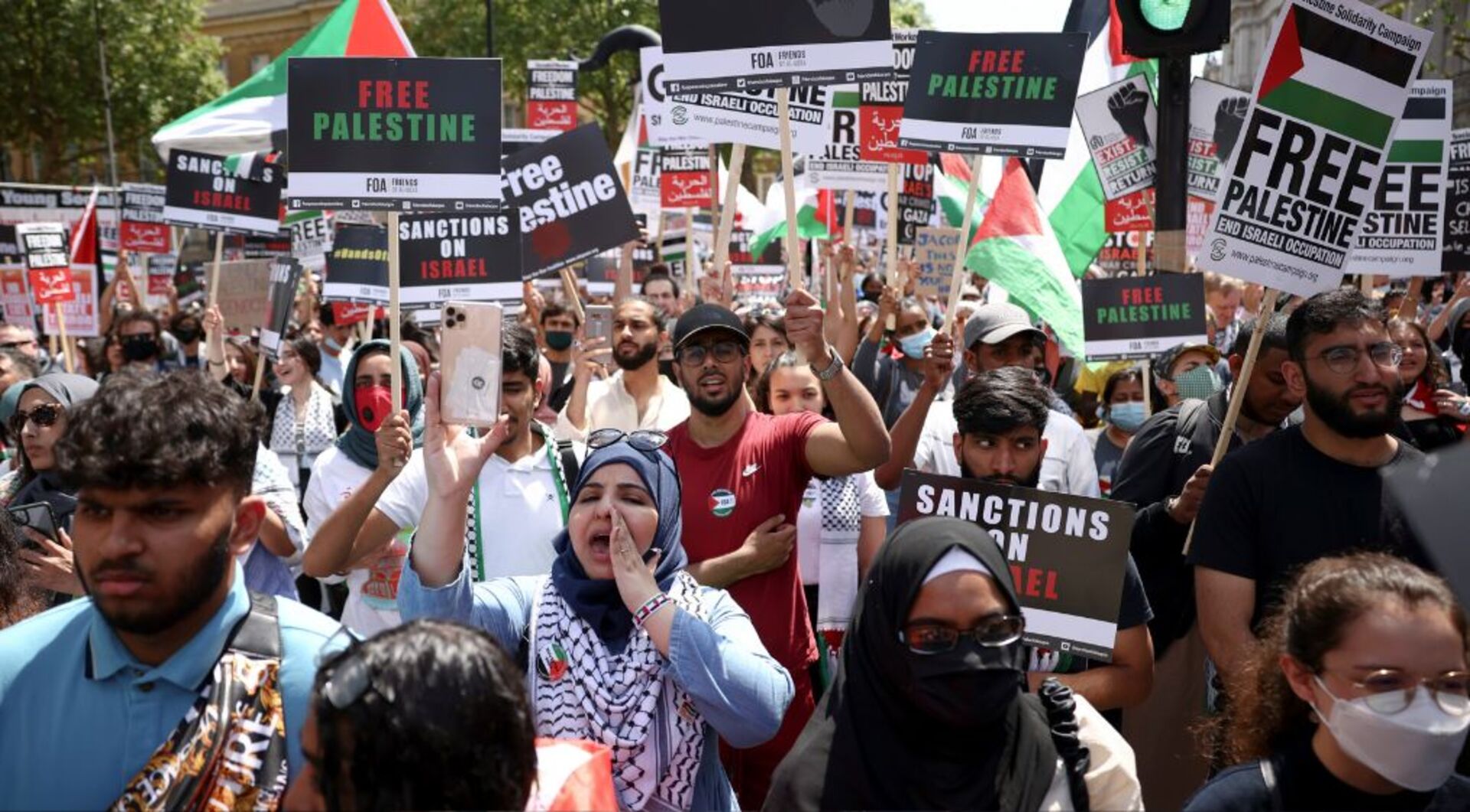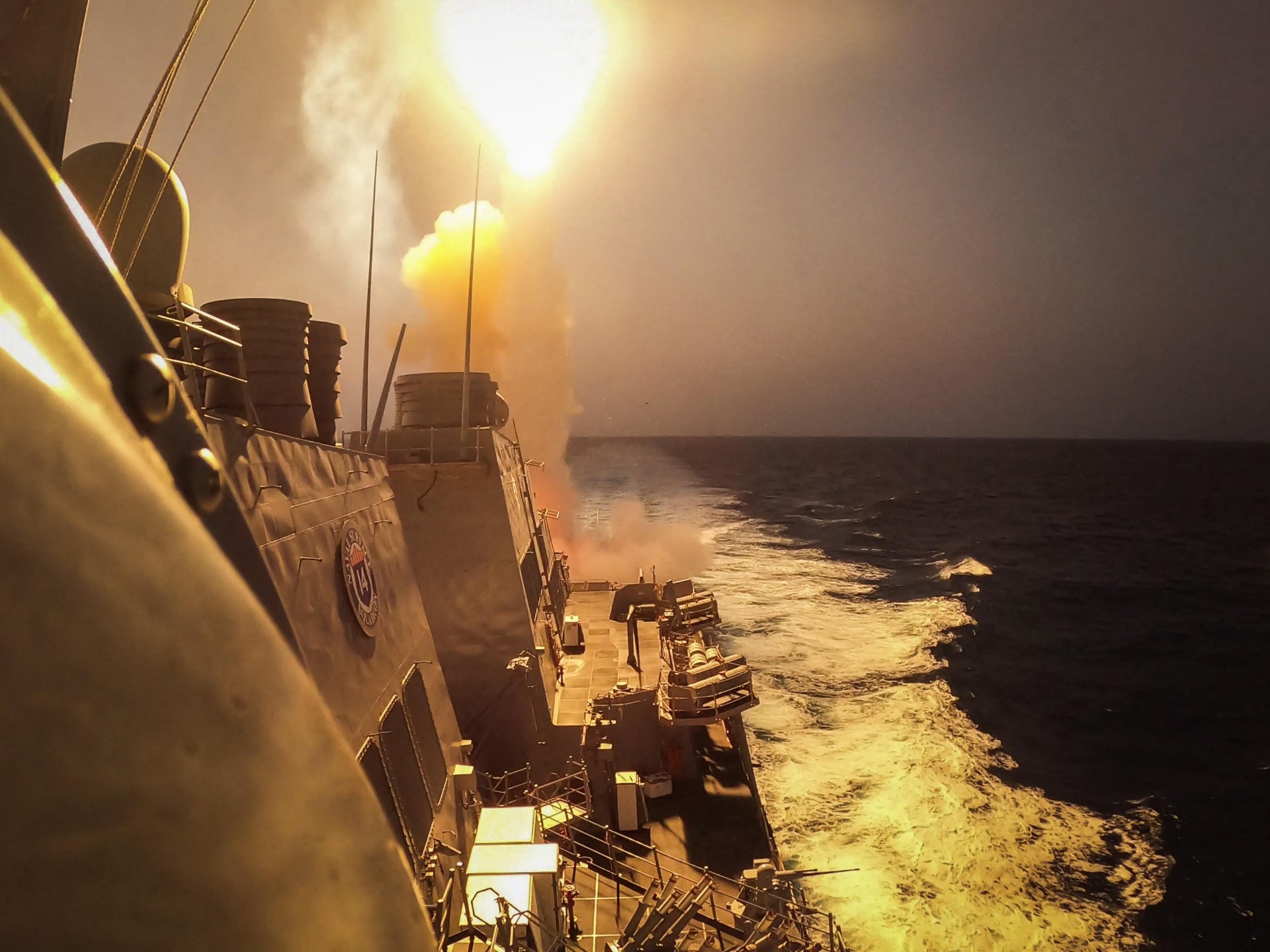No Peace Until Peace For All — Global Issues
NEW YORK, Jun 14 (IPS) – As we head into June, we will commemorate a number of important international days that call for much-needed support to protect refugees, end child labour, stop sexual violence in conflict and ensure human rights for the innocent children victims of aggression.
Together, this work will propel our efforts to achieve the Sustainable Development Goals and the UN Convention on the Rights of the Child. To deliver on these commitments, we urgently appeal for substantial, sustained increases in public and private sector funding support for quality education – especially for the more than 222 million crisis-impacted girls and boys who desperately need it.
These include refugee girls and boys fleeing conflict in Sudan. In May, ECW made important new commitments to keep Sudan’s children, wherever they are, in school – as outlined in the joint Op-Ed by The Rt. Hon. Gordon Brown and I in The Times.
During my mission with UNHCR and UNICEF to the border region of Chad with Sudan just two weeks ago, we announced a fast-acting emergency response to UNHCR and civil society with total funding in Chad now topping US$41 million. Here, I would like to appeal for additional funding to UNICEF who stands ready to deliver urgently needed education to host-communities already living in abject poverty along the borders in Chad.
Together with governments, donors and civil society partners, we are working to expand our support in response to the refugee arrivals in other neighbouring countries as we unite in our efforts to respond to the enormous, urgent needs accounted for in the Regional Refugee Response Plan.
At the May 2023 G7 Summit in Hiroshima, under the leadership of the Government of Japan, global leaders committed to “ensuring continued support to the Global Partnership for Education (GPE), Education Cannot Wait (ECW) and UN agencies, including UNESCO and UNICEF, as key partners in helping countries to build stronger education systems for the most marginalized children.” As outlined in the G7 Hiroshima Leaders’ Communique, this is an investment in “resilient, just and prospering societies.”
We must now turn these commitments into actions. This means every nation in the G7 must step up their support. As we lead into ECW’s four-year 2023-2026 Strategic Plan, we will welcome much needed substantial and new commitments from G7 leaders for the ECW strategic period.
The private sector will also play a key role in our resource mobilization plans. Our teams are working across the globe to develop new and innovative public-private partnerships, such as our recently announced agreement with the Zurich Cantonal Bank and the Government of Switzerland. Without the private sector and entrepreneurial spirit, we cannot meet the rapidly growing needs. In other words, abnormal problems require extraordinary solutions.
We will also work with Arab States, Nordic States and G20 nations to create new models for funding that crowd-in resources and know-how to deliver the depth, speed and agility needed to ensure quality education and holistic supports in places like Sudan, Ukraine and beyond.
Colombia has emerged as a model of this cross-sectorial approach. In this month’s high-level interview, we speak with Mireia Villar Forner, the United Nations Colombia Resident Coordinator/Humanitarian, who highlights the power of education in building sustainable development pathways. This is done through coordinated joint programmes through the United Nations coordination mechanisms. This is indeed one of the chief reasons that have allowed ECW to deliver with development depth and humanitarian speed.
Through ECW’s Multi-Year Resilience Programmes, we are providing transformative education investments in the humanitarian-development-peace nexus. This is good for business, good for government and good for the world. It also provides an optimized investment opportunity for Overseas Development Assistance, corporate social responsibility and philanthropic giving. By investing in education, we are investing in all of the SDGs. Without education, how can any of them be achieved?
The month of May was also Mental Health Awareness Month, and we announced an ambitious new target to have at least 10% of resources go to mental health and psychosocial services. We do so because we firmly believe that mental health is essential, if not also existential, to children and adolescents who having survived the most painful forms of violence and disasters.
I have no doubt that 2023 will go down as a landmark year in global funding support for education. ECW and our strategic partners will not stop until our work is done. There can be no peace, until there is peace for all, to cite Dag Hammarskjold. Indeed, there can be no peace without education. We will leave no child behind.
Yasmine Sherif is Director of Education Cannot Wait.
IPS UN Bureau
Follow @IPSNewsUNBureau
Follow IPS News UN Bureau on Instagram
© Inter Press Service (2023) — All Rights ReservedOriginal source: Inter Press Service
Check out our Latest News and Follow us at Facebook
Original Source






